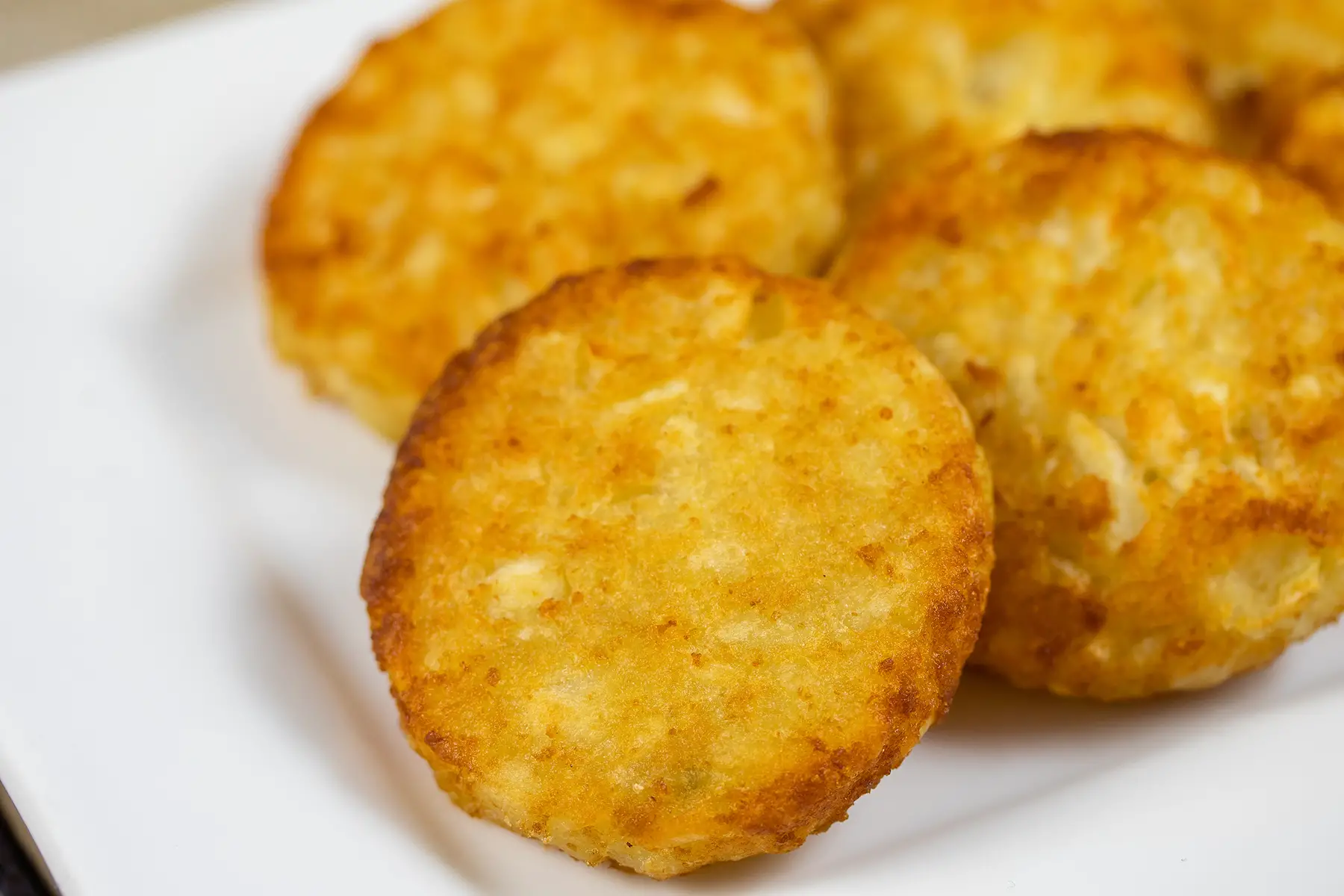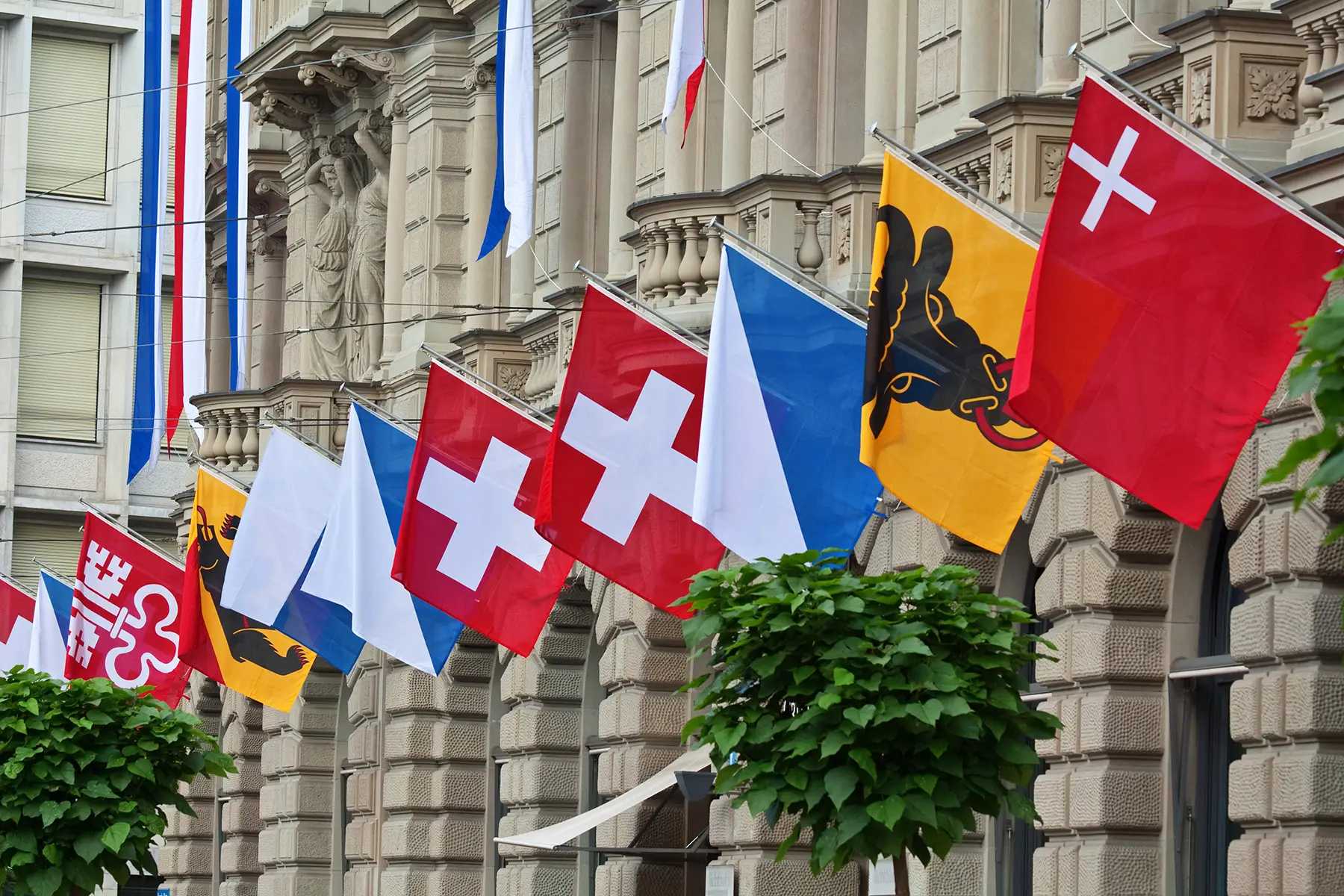Naturally, there are many things to arrange if you are planning on moving to Switzerland. For starters, you will want to decide on where to live and then look into either buying or renting a property. Once you have settled into your new home, set up your utilities, and sorted your finances, you might then want to turn your attention to embracing the Swiss culture. And this is where learning the local language can really help.
After all, knowing how to converse with people in your new home is one of the best ways to acclimatize yourself to it. And if you happen to be moving to one of the 19 German-speaking cantons in Switzerland, then grasping a few Swiss-German phrases will quickly make you feel at home. So, to get you started, here are some of the most common ones you are likely to hear.
- Wämmer eis go ziie? (Do you want to go for a drink?)
- En Guete (Have a good meal)
- Röstigraben (Rösti ditch)
- Fröit mi (Pleased to meet you)
- Znüni (At nine)
- Merci Vilmal (Thanks a lot)
- Abeleere! (Chug! or drink up!)
- Hamburger (A person from the city of Hamburg)
- Zmörgele (To eat a big breakfast at a leisurely pace)
- Im Fass Haa (To understand)
- De Foifer und s Weggli ha (To have it all)
Preply
Immerse yourself in the language of your new country with Preply. This app and website matches learners with online tutors so you can follow live, personalized language classes. With 50 languages to choose from, and tutors all over the world, there’s a course for everyone. Check out Preply to start your language-learning journey today.
Wämmer eis go ziie? (Do you want to go for a drink?)
This common Swiss-German phrase will come in handy for new arrivals looking to make friends in Switzerland. It’s basically the local way of asking someone to go for a casual drink. Speaking of which, if you really want to blend in, then make sure you are clued up on the Swiss drinking culture and know what to expect when you reach for the beverage menu.

En Guete (Have a good meal)
While the French say “Bon appetite” before a meal, the Swiss-Germans wish their dinner companions “En Guete!” This phrase is the colloquial way of wishing someone a good meal. Throw this out at your next dinner party with Swiss friends and watch them exclaim over how quickly you’ve become a local. If you really want to dazzle them, though, why not whip up one of these popular Swiss dishes in your kitchen and invite them over?
Röstigraben (Rösti ditch)
Switzerland might be neutral on the world stage, but you will find certain divisions between the French and German-speaking cantons within the country. That’s where this unique word comes into play. Literally translating to “Rösti ditch”, it refers to an imaginary border that separates the western (French-speaking) part of Switzerland from the central and eastern (German-speaking) part.

Of course, rösti is also a popular Swiss dish which consists of grated potatoes fried in a pan. People also use this kind of food-related humor when referring to the border between the German-speaking region of Switzerland and Ticino, where Italian is the dominant language. In this case, they call it “Polentagraben“, which means “polenta ditch”. You’ll be able to tell as soon as you cross this line, too, because the languages will suddenly switch from one to another.
Fröit mi (Pleased to meet you)
The French say “Enchanté“, and the Spanish say “Encantada.” But in Switzerland, the correct Swiss-German phrase is “Fröit mi.” This is the common way to greet someone when you are being introduced. As such, you can think of it as the equivalent of saying “pleased to meet you.” And it’s a good idea to keep this one in your back pocket, because it will do wonders for your standing among the Swiss.
Znüni (At nine)
The Hobbits of the Shire will appreciate the fact that the Swiss have a particular Swiss-German phrase for a second breakfast. Because working hours in Switzerland are generally quite long, many locals take an hour-long mid-morning break at around 09:00. During this time, they enjoy their second breakfast, and fuel up with a coffee and Gipfeli (a Swiss croissant). Hence the name “Znüni”, which literally translates to “at nine”. You can read more about mealtimes in Switzerland in our guide to Swiss cuisine.

Merci Vilmal (Thanks a lot)
Switzerland is a unique mix of cultural influences, and that has resulted in this polite Swiss-German phase. Locals use “Merci Vilmal” to casually say “thanks a lot.” Those with a bit of linguistic prowess will also notice that it incorporates both French and German. “Merci” literally means “thanks” in French, while “Vilmal” is Swiss-German slang for “a lot.” Because the Swiss-Germans like to distinguish their language from traditional High German, they adopted the French word and added on some of their own slang.
Abeleere! (Chug! or drink up!)
Just like every country has its own drinking culture, it also has its own set of words and phrases that are linked to it. And if you happen to hear someone say “Abeleere” in a bar or pub in Switzerland, then be prepared to empty your glass – fast. This playful Swiss-German phrase means “chug” or “drink up”, and will certainly come in handy during your next pub crawl.

Hamburger (A person from the city of Hamburg)
In English, a hamburger means one thing – something delicious to eat. In the Swiss-German cantons of Switzerland, however, it can also be used to refer to someone from Hamburg, the city in northern Germany. Although the phrase incorporates these two meanings, there is also a third. You can use Hamburger when referring to a newly-minted soldier who is fresh from their compulsory military training.
Zmörgele (To eat a big breakfast at a leisurely pace)
As previously mentioned, breakfast is important in Switzerland – so much so that people tend to enjoy it twice! In fact, because the Swiss believe in maintaining a high quality of life, they even have a Swiss-German phrase – or rather, verb – that refers to enjoying a leisurely breakfast – “Zmörgele”. Generally, people only use this expression at weekends and public holidays when they have more time to relax and indulge in a lavish morning feast.

Im Fass Haa (To understand)
As a newcomer to Switzerland, you may need some time to acclimatize to the different languages of the country. Because of this, you might end up hearing this Swiss-German phrase a lot. While it literally translates as “to have in the barrel”, it actually means “to understand”. Asking someone if they have everything you have said in the barrel is essentially asking them if they have understood you. Yet again, this is another unique Swiss-ism that you won’t hear anywhere in Germany.
De Foifer und s Weggli ha (To have it all)
Next time you’re feeling a little envious, you might want to employ this rather poetic Swiss-German phrase. Literally speaking, it translates as “to have both the coin that buys the bread roll and the bread roll itself”. When used in conversation, however, it is a way of expressing that someone is extremely lucky and “has it all”. Again, this is another unique Swiss expression that you are unlikely to hear anywhere else.




